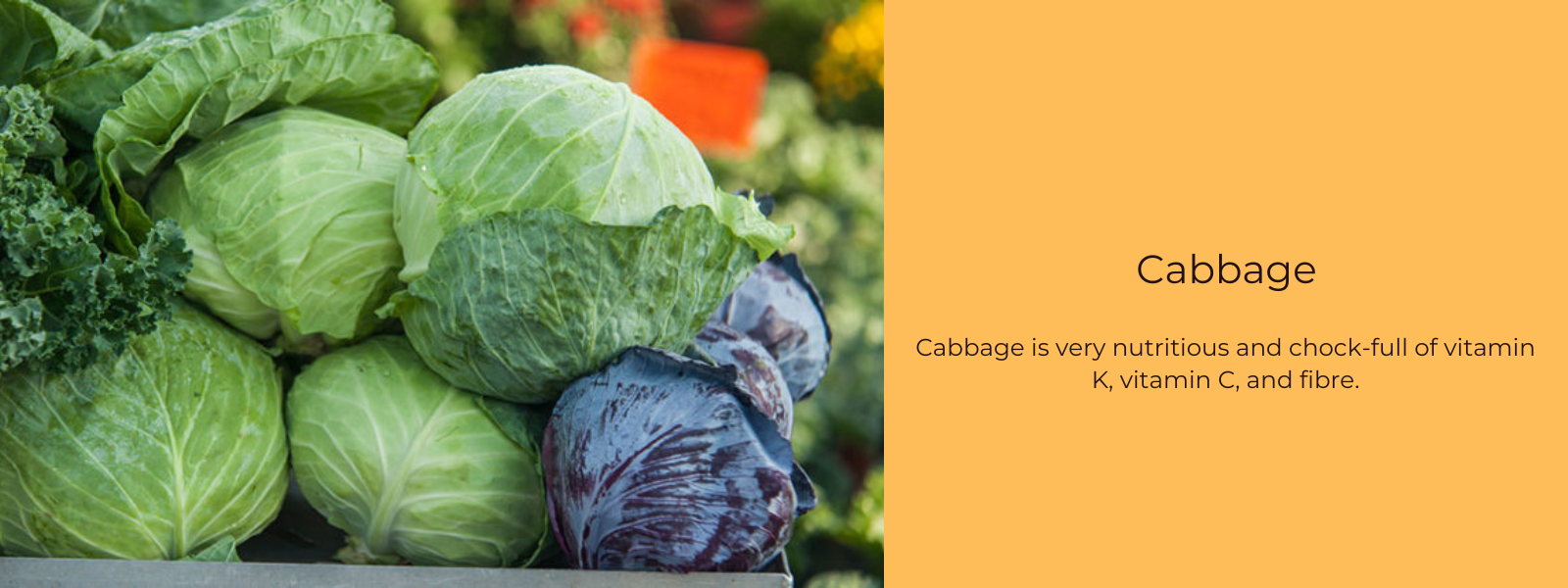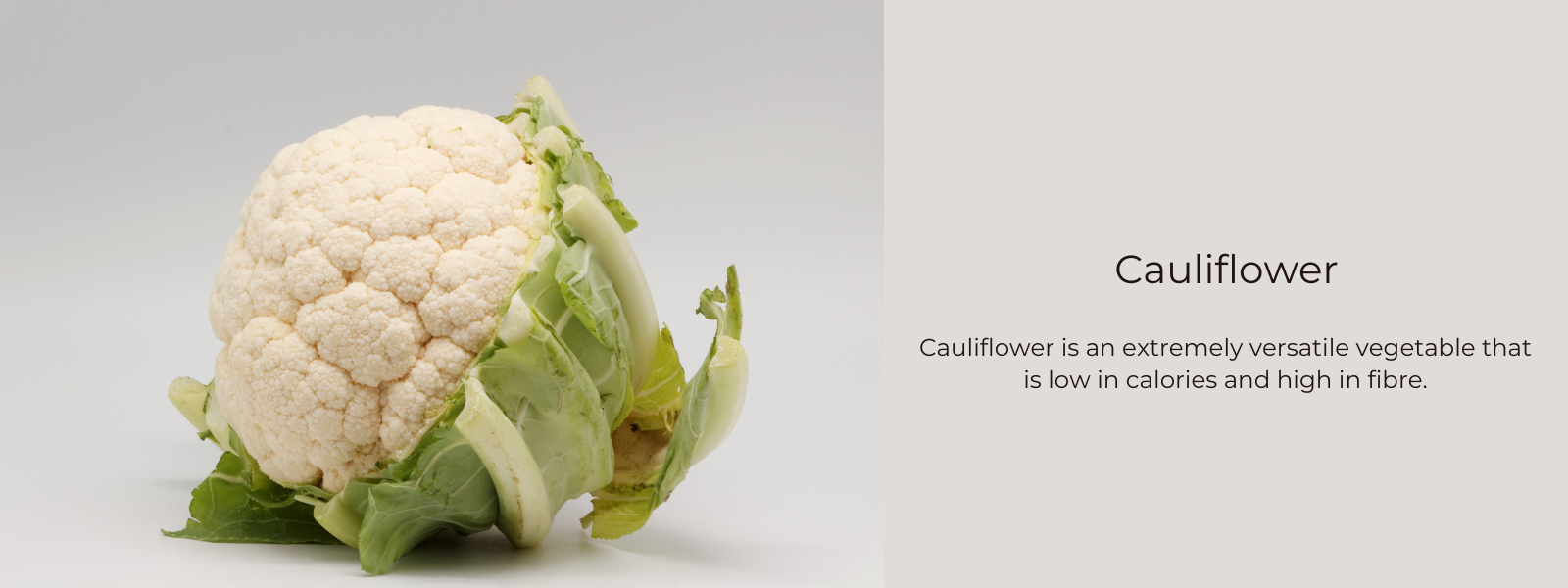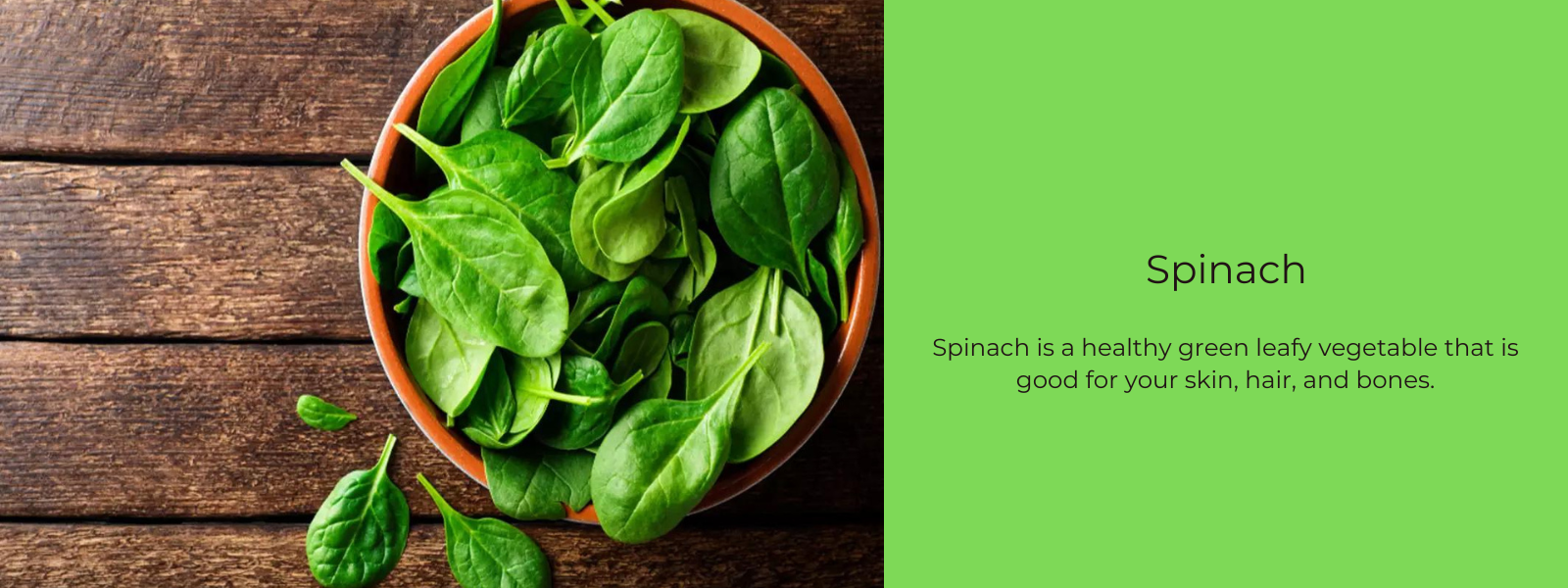Capsicum, which is also called bell pepper, is a herb. People often eat capsicum as a healthy snack, and it can also be put on the skin to treat arthritis, pain, and other conditions.
Capsaicin, which is known as Shimla Mirch in HIndi, is a unique chemical that can be found in the fruit of the capsicum plant. This chemical is good for reducing pain and swelling. Capsicum is also often used to treat nerve pain and other kinds of pain. It's also used to help people lose weight and fix digestion problems. It can also help improve the health of your heart and blood vessels.
Table of Contents
What is capsicum?
Capsicum is the group of plants that includes sweet peppers like bell peppers. Like brinjal, potatoes, and tomatoes, these peppers are in the nightshade family. This vegetable comes from the Americas, but it is grown and used all over the world in food and as a natural medicine. Capsicums are sweet and sour, but the green ones tend to have a bitter taste.
Capsicum is a member of the Solanaceae family. Its scientific name is Capsicum annuum. In the United States, they are called bell peppers, in India they are called shimla mirch, and in the UK they are called peppers. Capsicums come from northern Latin America and Mexico. They come in green, red, yellow, and orange, among other colours. These kinds are not only tasty as pizza toppings or cooked vegetables, but they are also very good for you.
Is capsicum a fruit?
Capsicums, which are also called bell peppers, are grown as annual vegetables. But the capsicum, which is what you eat, is a fruit from a plant's point of view. These plants are in the same family as potatoes, tomatoes, and eggplant. This family is called Solanaceae.
Types of capsicum:
Capsicum comes in many different colours and species, which means that it has a wide range of nutrients and tastes. Here are some of the most common kinds of capsicums:
Red bell pepper
Yellow pepper
Green pepper
Orange capsicum
Purple/Black capsicum
The different colours come from different pigments that have different amounts of nutrients and antioxidants.
Red Capsicum:
Red capsicums have more phytonutrients than any other type of capsicum, making them the type with the most antioxidants. It has 11 times more beta-carotene than green varieties and 1.5 times more vitamin C.
Green capsicum:
Capsicums that are green have less sugar than those that are red, yellow, or orange. People sometimes have trouble digesting green capsicums because they have more short-chain carbohydrates, which the small intestine doesn't absorb well.
Nutritional value of capsicum:
There are also different nutritional profiles for each type of capsicum. For the purpose of figuring out how healthy a capsicum is, we will include all of its different colours and types.
Capsicum has very little fat and a lot of fibre and water, but not much fat. Capsicum also has a low amount of carbohydrates and calories, which is why it is good for weight loss programmes or if you want a healthy, light snack.
Health benefits of capsicums:
- Capsicum improves vision:
Capsicum is very good for the health of your eyes. Capsicums have a lot of the carotenoids lutein and zeaxanthin, which protect your retina from damage caused by oxygen. Being directly exposed to oxygen and light can cause free radicals to grow, which can damage the cells in our eyes. These two carotenoids get rid of free radicals, which keeps our eyes healthy. Studies have shown that eating foods with a lot of carotenoids can protect your eyes from macular degeneration and the effects of blue light.
- Capsicum Prevents Anaemia
Anaemia is usually caused by not having enough iron in the body. One thing about the condition is that it makes your blood have less oxygen. Because of this, most people with anaemia don't know why they feel slow and tired. Capsicum has a lot of vitamin C and only a little bit of iron. When these two vitamins and minerals are taken together, they help our bodies absorb iron better, which increases the amount of oxygen in our blood.
- Capsicum makes you less anxious
Both magnesium and vitamin B6 are found in a lot of capsicum. Studies show that these two vitamins are important for neurological function and help relieve anxiety and stop panic attacks. Another study looks at magnesium and how it assist relax muscles that are tight because of stress. It also helps keep the heartbeat in the right place.
- Capsicum prevents cancer
Capsicum has anti-inflammatory and antioxidant properties that have been shown to protect against some types of cancer. Capsicum has a carotenoid called lycopene, which has been shown to lower the risk of cancer in the cervix, prostate, pancreas, and bladder. In fact, researchers have found that orange capsicum cuts the growth rate of prostate cancer by 75%.
- Capsicum helps the immune system
Capsicum has a lot of Vitamin C in it. Most fruits and vegetables don't have as much vitamin C as red capsicum. The immune system does better when you eat foods that are high in vitamin C. The vitamin C in capsicum can also help keep the body from getting sick by making white blood cells.
- Capsicum is good for your bones.
Manganese is a mineral that is found in high amounts in capsicum. Manganese is a cofactor in the formation of bone cartilage and bone collagen, and it is also necessary for the mineralization of bones. Capsicum also has vitamin K, which helps strengthen bones and protects against osteoporosis.
Capsicum for weight loss:
Capsicum has a good mix of nutrients that help you lose weight. Capsicums are full of vitamins and minerals, and they also have a lot of fibre and water. The best way to control your weight is to choose vegetables and fruits that are high in fibre and full of nutrients. Fibre and water can also make you feel full and can help control your appetite so you don't eat too much.
Capsicums have a lot of vitamin B6 in them. This vitamin is important for many chemical reactions in the body. It helps break down proteins into amino acids, helps turn carbs into glucose, and does a good job of breaking down fats. Vitamin B6 can also help keep your blood sugar steady and stop it from going up and down. When trying to lose weight, it's important to keep your blood sugar level up so you don't crave sugar and eat too much.
Red capsicums have more of the nutrients and antioxidants that help you lose weight than other kinds. These phytonutrients help stop things like the formation of free radicals and inflammation inside the body, which can lead to obesity and related metabolic disorders.
So, if you don't know which capsicum to choose to help you lose weight, remember that the more red the vegetable, the healthier. But if you want to cut down on sugar a lot or if you have diabetes, green bell peppers have less sugar than other kinds and can be a good low-sugar snack.
The Best Ways to Add Capsicum to Your Meals
Because there are many different kinds of capsicum with different colours, tastes, and health benefits, there are many ways to add them to meals. Capsicum can be used in curries, breakfast hashes, pizzas, stir-fries, and pasta dishes, among other things. They can be used in salads, soups, or roasted to top hummus. The best way to eat capsicum is raw with a dip. Capsicum is sweet and sour, which makes it a great vegetable to eat on its own. You can also juice the vegetable with other fruits, leafy greens and lemon juice. Capsicums can have their stems and centres cut out, which makes them great for stuffing with rice, quinoa, potatoes, or other meats. Here's how to make a stuffed pepper that smells good and is full of flavour.
FAQs on Capsicum:
Does capsicum help skin?
Yes, capsicums are good for the skin, especially the red ones. It has a lot of vitamin C, which acts as an antioxidant to fight against free radicals and keep your skin healthy and from showing signs of ageing too soon. If you eat capsicum every day, you can even reverse the effects of getting older, like wrinkles, fine lines, and uneven skin tone. The vitamin C in capsicum makes the body make more collagen, which makes the skin more flexible and soft.
What colour of pepper is the best?
Capsicums in general are good for you, but red ones are the best.
Is it okay to eat bell peppers every day?
Yes, capsicums can be eaten every day. Capsicum has a lot of vitamins, minerals, antioxidants, and compounds that are only found in capsicums, such as capsanthin and capsorubin. It helps keep your eyes and bones healthy, fights cancer and stress, stops amaenia and boosts your immune system, among other things.
What kind of pepper is the healthiest?
Capsicums in general are good for you, but red ones are the best. Red capsicums have more phytonutrients than any other type of capsicum. This means they have the most antioxidants of all capsicums. It has 11 times more beta-carotene than green varieties and 1.5 times more vitamin C.
Is green pepper better than yellow?
Yes, yellow capsicum is thought to taste better and be better for your health than green capsicum. Yellow capsicums have more Vitamin A and C and more phytonutrients and antioxidants than red or green ones.
Can we eat a raw bell pepper?
Yes, you can eat capsicums raw or cooked. Both have their own pros and cons, so you may want to choose one based on what you like best.
Does pepper help the liver?
Yes, capsicums have a lot of capsaicin, which is a chemical that has been shown to help with liver damage and conditions like fatty liver. Also, vitamin E protects the liver from any damage that could come from eating bad food.
Are seeds from capsicums bad?
No, capsicum seeds are safe to eat and won't hurt you. But they are usually taken out because they have a bitter aftertaste that can make a dish taste bad.
Does capsicum make blood pressure better?
Capsicum has been shown to be good for heart health. It lowers high levels of cholesterol and triglycerides in the blood and controls heart rate and high blood pressure.











Leave a comment